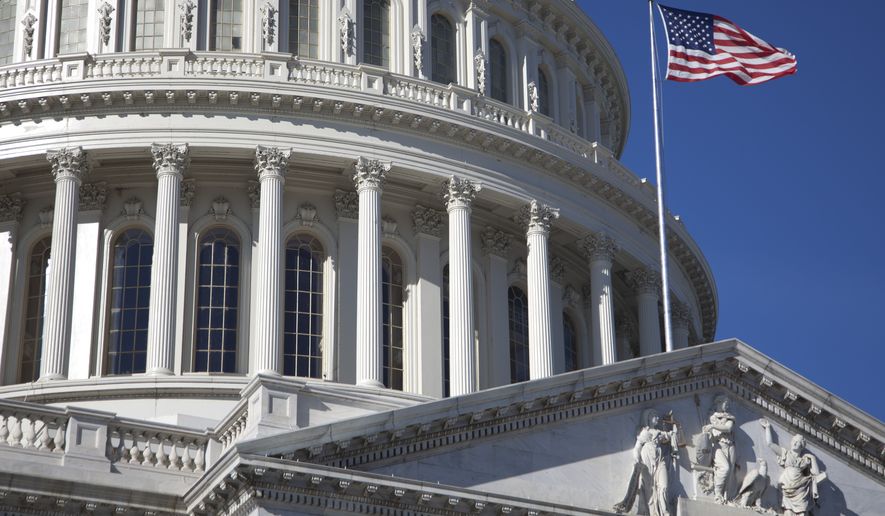“We are expected to keep the nation safe and provide exquisite, high-fidelity, timely, accurate, anticipatory and relevant intelligence - and do that in such a manner that there is no risk, and there is no embarrassment to anyone if what we’re doing is publicly revealed. And there is no threat to anyone’s revenue bottom line - and there isn’t even a scintilla of jeopardy to anyone’s civil liberties and privacy, whether U.S. persons or foreign persons. We call this new approach to intelligence ’immaculate collection,’ ” James R. Clapper, director of national intelligence, told a 1,000-member audience at a recent national security and intelligence summit in the nation’s capital.
They laughed. Heartily.
“By the way, we have to conduct immaculate collection on the cheap too,” the retired Air Force general added.
With all the hubbub about transparency, his office - representing the nation’s 17 clandestine agencies - has issued the “National Intelligence Strategy of the United States of America,” which includes seven mission objectives, six enterprise objectives and seven ethical principles. A statement of vision aspires to create “a nation made more secure by a fully integrated, agile, resilient and innovative Intelligence Community that exemplifies America’s values.” There was a press release, Tweets, Facebook entries.
“There’s no ’secret’ version of the NIS. Our oversight committees, our partners, the public and, for that matter, even our adversaries are all seeing the very same strategic direction I’m giving to the Intelligence Community,” Mr. Clapper vowed. See the document here: DNI.gov.
“I’ve often said publicly that we are facing the most diverse set of threats I’ve seen in my 50 years in the intelligence business. That’s true. It’s also true, however, that we are better organized to face these threats than we were 13 years ago,” Mr. Clapper notes in the forward.
• Jennifer Harper can be reached at jharper@washingtontimes.com.




Please read our comment policy before commenting.